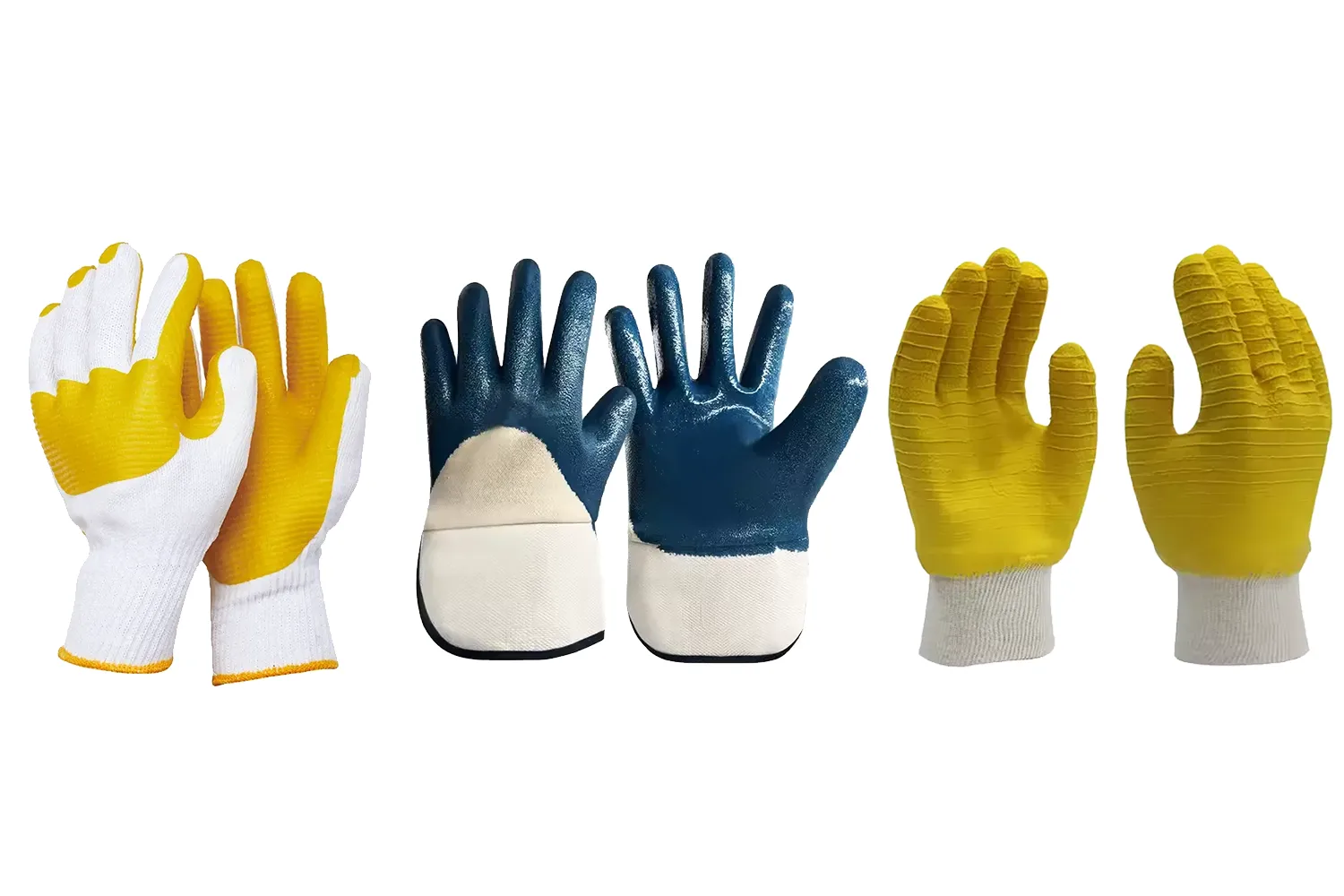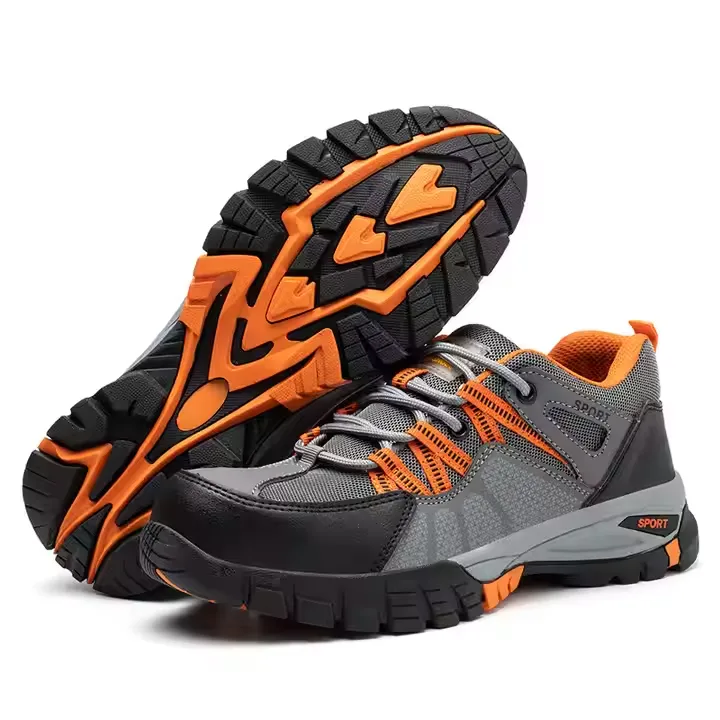In industries where safety, precision, and productivity go hand-in-hand, the Grip Performance Gloves plays a critical—but often overlooked—role. While companies frequently consider cut resistance, puncture resistance, and glove materials, grip performance under real-world conditions is just as vital in preventing accidents and improving work efficiency.
RiLong, a trusted safety glove manufacturer in China, has introduced a new testing method that provides objective, data-backed insights into glove grip under dry, wet, and oily conditions—helping businesses choose the grip performance gloves for specific tasks and work environments.(Related articles:Why High-Performance Industrial Work Gloves Matter)
The Hidden Dangers of Poor Grip
A glove that slips at the wrong moment can lead to serious injuries. Whether it’s:
Dropping heavy tools from a ladder
Losing grip while handling oily machinery
Slipping while using sharp instruments
The results can be costly—physically, financially, and legally. Poor grip performance contributes not only to hand injuries, but also to foot and leg injuries, muscle strain, and even injuries to nearby coworkers.
And it’s not just about health and safety. With businesses seeking to reduce downtime and avoid litigation, choosing the right gloves is a cost-saving strategy, not just a compliance decision.
Why Testing for Grip Performance Matters
Despite its importance, there are no standardized global regulations for grip testing in protective gloves. That’s why RiLong has developed an in-house, data-driven testing process modeled on international best practices to provide clear grip ratings.(Related articles:Light Work PU-Coated Gloves for Daily Comfort & Protection)
✅ Objective Testing in Real Conditions
RiLong worked with glove testing experts to replicate dry, wet, and oily conditions—typical of many industrial settings like:
Automotive assembly
Food processing
Строительство
Производство
Oil & gas environments
Each glove is subjected to a rigorous grip test using standardized objects, with results ranked from 0 (poor grip) to 3+ (excellent grip performance).(Related articles:When Not To Use Chemical Resistant Cloves: Common Misconceptions)
What grip performance gloves “Slip Resistant”?
To be considered slip resistant, a glove must:
Maintain grip across surface types
Provide control even in lubricated conditions
Avoid slippage under mechanical pressure
These characteristics help prevent dropped tools, missteps, or accidents during high-risk activities. In RiLong’s tests, certain glove coatings like sandy nitrile or micro-foam nitrile consistently ranked highest for grip under oily or wet conditions.(Related articles:A guide to the best work gloves for summer)
Key Factors That Influence Grip
Surface Conditions(Related articles:Best Summer Work Gloves for Men: Breathable and Protective)
Grip performance changes drastically between dry, oily, or wet surfaces. A glove perfect for dry handling might fail on a greasy machine part.Glove Coating
RiLong offers various coatings including:PU (polyurethane): for dry, precise work
Sandy nitrile: for oily environments
Foam nitrile: for flexible, all-around use
Latex: for good grip in general industrial settings
Fit and Sizing
Loose gloves can twist or slip inside, causing fatigue and error. RiLong provides full-size ranges (6/XS to 11/2XL) to ensure snug, ergonomic fit for all workers.Weight and Dexterity
Lighter gloves provide better precision but may compromise durability. RiLong balances tactile sensitivity and protection across its product lines, based on task complexity.
RiLong’s Grip Rating System: A First Step Toward Safer Standards
While the world waits for global standards, RiLong’s in-house grip testing lab offers one of the most reliable tools available for glove buyers today. Every tested glove comes with:
A clear grip rating (0 to 3+)
Performance data across different environments
Guidance for ideal usage scenarios
This empowers safety managers and procurement teams to make informed, data-backed decisions.(Related articles:How Does Industrial Glove Prevent Chemical Exposure?)
Better Performance, Proven Results
In internal tests across 30+ glove models, RiLong’s Foam Nitrile GripX Series emerged as a top performer in oily and wet conditions. Customers in the automotive and machinery sectors reported:
20% fewer dropped tool incidents
Less hand fatigue
Improved productivity due to secure handling
Selecting the grip performance gloves with RiLong
To reduce accidents and enhance productivity, choose gloves based on real grip data—not just guesswork. RiLong provides tailored glove recommendations by industry and task, ensuring the right coating, fit, and grip every time.
Ideal for:
Material handling
Assembly lines
Maintenance & repair
Chemical and oil handling
General construction
Safer Hands Start with Better Grip
Don’t let subpar glove grip be the weak link in your safety program. RiLong’s advanced testing and commitment to performance help you prevent injuries before they happen. In a world where efficiency and safety are everything, smart glove selection starts with understanding grip.(Related articles:RiLong Safety at Canton FairShowcasing Innovation and Protection to the World)






